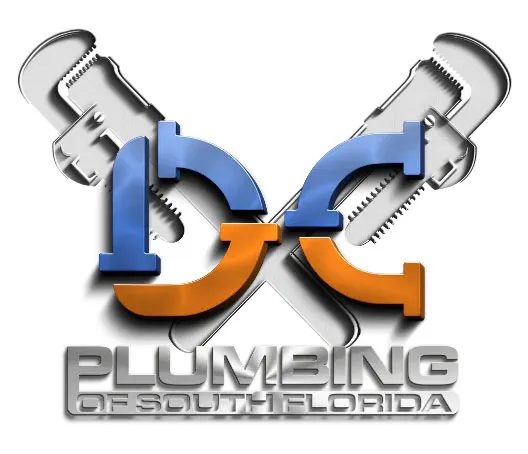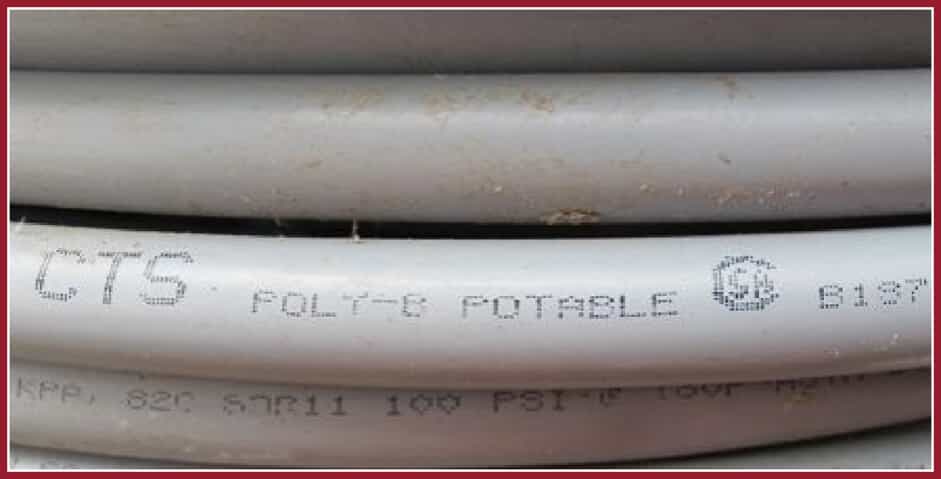If you’re concerned about having polybutylene in your home, keep in mind that polybutylene piping was commonly used in plumbing installations from the late 1970s to the mid-1990s, and it has been associated with potential issues and failures. If you suspect polybutylene piping in a home, it’s crucial to assess its condition and consider necessary replacements or repairs. Here’s a condensed checklist to review before hiring a plumber or plumbing company:
1. Gather Information:
- Obtain the home’s construction date or the approximate period when plumbing was installed.
- Check for any plumbing records or documentation provided by the previous homeowners or the builder.
2. Inspect Visible Piping:
- Start by examining the exposed plumbing visible in utility rooms, basements, crawlspaces, and other accessible areas.
- Look for pipes with a dull, grayish color, indicating polybutylene material.
3. Check Pipe Diameter:
- Measure the diameter of the pipes. Polybutylene pipes are typically half an inch to one inch in diameter.
- Note that polybutylene pipes may have copper or metal fittings, so focus on the pipe itself.
4. Identify Stamped Markings:
- Look for imprinted markings along the pipes. Polybutylene pipes often have “PB” or “PB2110” written on them.
5. Assess Pipe Flexibility:
- Gently bend the pipes to check for flexibility. Polybutylene pipes are more flexible compared to copper or PVC pipes.
6. Inspect Plumbing Fixtures:
- Check the plumbing fixtures (e.g., sinks, toilets) for signs of polybutylene connections, such as gray plastic water lines.
7. Examine Shut-off Valves:
- Inspect the shut-off valves under sinks and behind toilets. Polybutylene pipes are commonly connected to these valves.
8. Check the Main Water Line:
- Determine the material of the main water supply line coming into the house. Polybutylene might be used in this line.
9. Speak with Previous Owners:
- If possible, talk to previous homeowners or the seller about the plumbing materials used in the home.
10. Consult a Professional Plumber:
- If you’re unsure or need a more definitive assessment, contact a licensed plumber with experience in dealing with polybutylene piping.
If you’re concerned about polybutylene prior to purchasing a home, have a thorough home inspection done both visually by you as well as licensed home inspector. Steps to consider are:
Perform a Home Inspection:
- During a comprehensive home inspection, request the inspector to identify and assess the plumbing material.
Be Alert for Signs of Leaks:
- Keep an eye out for signs of leaks, including water stains, dampness, or mold growth, as polybutylene pipes are prone to failures.
Remember that identifying polybutylene pipes is crucial, as their usage is no longer recommended due to potential issues with leaks and ruptures. If polybutylene piping is present, you may want to consider replacement or consult a professional for further evaluation and necessary actions.










